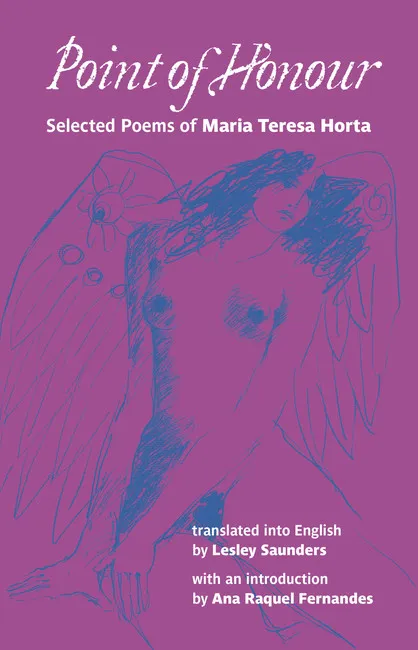In 2021 my husband and life-partner was diagnosed with Alzheimer’s disease. The disease is a bewilderment (in its fullest sense) of the mind as well as a pathology of the brain, and so the person’s sense of reality and validity is often and without warning placed under threat. The shift from certainty and stability to a radical uncertainty and precariousness leaks into the mentality of the person’s care-partner and induces a certain kind of craziness. My encounter with Alzheimer’s disease has consequently brought me to a place full of dark thoughts and ideas, a daily swirl of impatience, desolation, nostalgia, compassion, revulsion, to name but a few. And yet I also have glimpses of where this brutal mix of reactions comes from: it is a complicated response to the world I find myself in – a world not only of personal distress but also of broken systems, disappointed political hopes and thwarted expectations. And, without doubt, there is a body of received ideas and unquestioned assumptions about the horrors of dementia that has crept into my ways of thinking and feeling.
Impelled as much by desperation as by curiosity, I keep trying to impart some meaning to what often feels like an overwhelming re-alignment of reality, trying to integrate the confusion and conundrums into my poetry and prose. By writing into the dark, as it were, I hope to find out what it is possible to think; how to think and feel and communicate beyond the boundaries of the apparently given.
So far, I have written two book chapters and a journal paper (all about to be published) on the connections between poetry and dementia:
SAUNDERS, L. (forthcoming). ‘Where is the Grief-Rage? Louise Glück and the Poetics of Absence’, Anglo-Saxónica, Thematic Issue on Ageing.
SAUNDERS, L. (forthcoming). ‘The Sacred Role? Poetry and the Ethics of Commemoration’. In: Pinheiro, J. and Zarebska, Z. (Eds) Representations of old age and ageing in literary and cultural narratives. Interdisciplinary Studies in the Humanities. Portugal.
SAUNDERS, L. (forthcoming). ‘Writing into the Dark: Dementia and the Cultivation of Human(e)ness’. In: Brown, C. and Handscomb, G. (Eds) Demagogues, Populism and Misinformation: A Guide to Combating Dark Ideas. Leeds: Emerald Publishing Ltd.
I have also been writing poems to try to capture some of the fierceness of emotion – this one appears in the Live Canon anthology:
Show
The trees have been talking. Not to us,
who are waiting here just out of sight
for the performance to begin –
a play in the enigmatic late style
where what starts as comedy ends
as comedy; tragedy gathers in the middle.
‘Do not be downhearted’, they cry
to each other; but we are not evergreen,
we have no defence against such winter:
the music stays unsounded, the stage unlit.
Like the restless crowd in a Mystery
we must believe or invent belief,
plead for the grace we have not deserved.
For what is about to unfold, make us ready.

